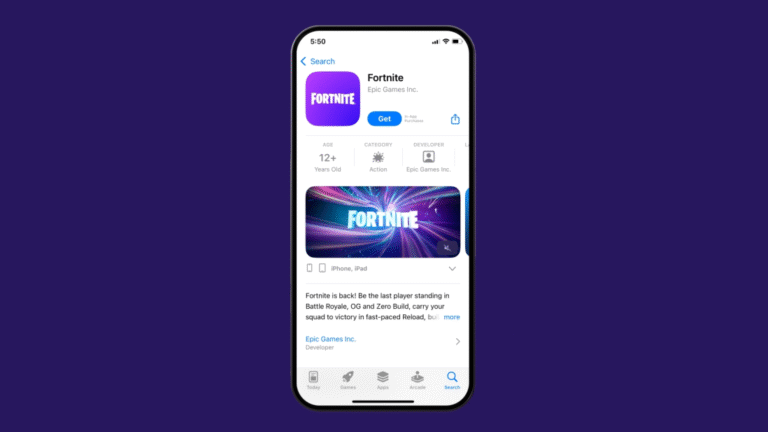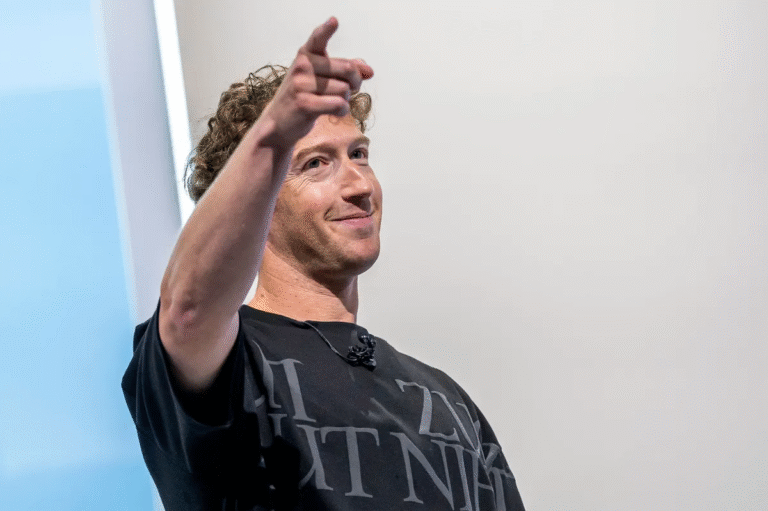Man City vs. Liverpool Livestream, The English Premier League resumes play on Saturday after a lengthy two-week international break, with this mouthwatering matchup between top-tier Man City and Liverpool at the Etihad Stadium serving as the weekend’s first event.
The Reds will be anxious to maintain their ambitions of finishing in the top four, with the extra incentive of thwarting City’s championship defence, while the hosts will be seeking to cut the distance to league leaders Arsenal.
Given that City, the defending champions, had won each of their previous six games in all competitions, the break may have come at a bad time for them. In City’s last two games against RB Leipzig and Burnley, striker Erling Haaland scored an astounding eight goals, but the Norwegian will need to pass a late fitness test before Saturday’s match.
With only one victory in their previous 13 road matches in the top tier against City, Liverpool has a dismal record at the Etihad.
Nonetheless, manager Jürgen Klopp will take heart from his team’s 1-0 victory in the first meeting at Anfield in October, which was perhaps the Reds’ best performance of the year thus far.
The top live TV streaming providers are listed below, so you may use them to watch the game live from anywhere in the world.
Man City vs. Liverpool Livestream
On Saturday, April 11, Man City will host Liverpool at the Etihad Stadium. In the UK, kickoff is scheduled at 12.30 p.m. local BST time (7:30 a.m. ET, 4.30 a.m. PT in the US, and 10.30 p.m. AEDT in Australia).
How to watch the Man City vs. Liverpool game
Using a VPN can be helpful if you find yourself unable to watch the game locally and need to find another way to do so. By encrypting your traffic, a VPN is also the greatest way to prevent your ISP from slowing down your connection on game day. It’s also a terrific option if you’re travelling and connect to a public Wi-Fi network and want to add an extra layer of anonymity for your devices and logins.
You can access the game on your phone, tablet, or laptop by virtually changing your location using a VPN. The majority of VPNs, including ExpressVPN, our Editors’ Choice, make this extremely simple.
As long as you have a valid membership to the provider you’re streaming from, it is legal to use a VPN in any country where VPNs are permitted, including the US, UK, and Canada. To stop leaks, make sure your VPN is configured properly: Even in jurisdictions where VPN use is permitted, a streaming service has the right to suspend or cancel the account of any user who obstructs properly implemented blackout restrictions.
looking for further choices? Check out some of the other fantastic VPN bargains that are currently available.
Livestream the Man City vs. Liverpool game in the US
Peacock is streaming the Man City vs. Liverpool match on Saturday. To watch the game live, you must have a Peacock Premium or Premium Plus account.
Livestream the Man City vs. Liverpool game in the UK
In the UK, Amazon Prime Video, BT Sport, and Sky Sports each have a portion of the Premier League rights. The Man City vs. Liverpool match will only be broadcast on the BT Sports networks BT Sports 1, BT Sports 1 HD, and BT Sports Ultra. If Sky or Virgin are your service provider, you may add BT Sport to their packages or purchase it directly from BT as part of one of their various TV bundles. Or, you may sign up for a 30-day, contract-free BT Sport Monthly Pass to avoid any commitments.








